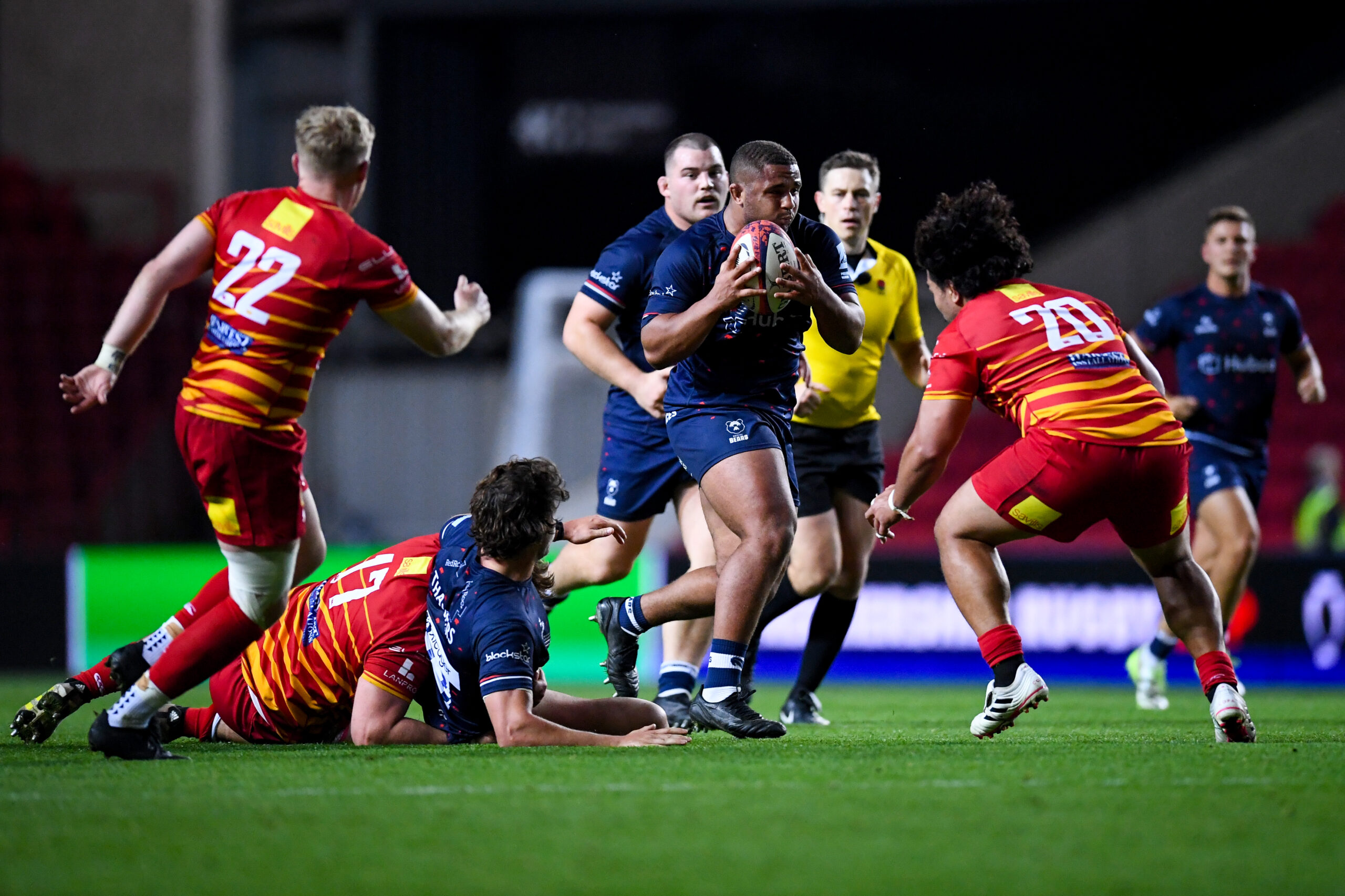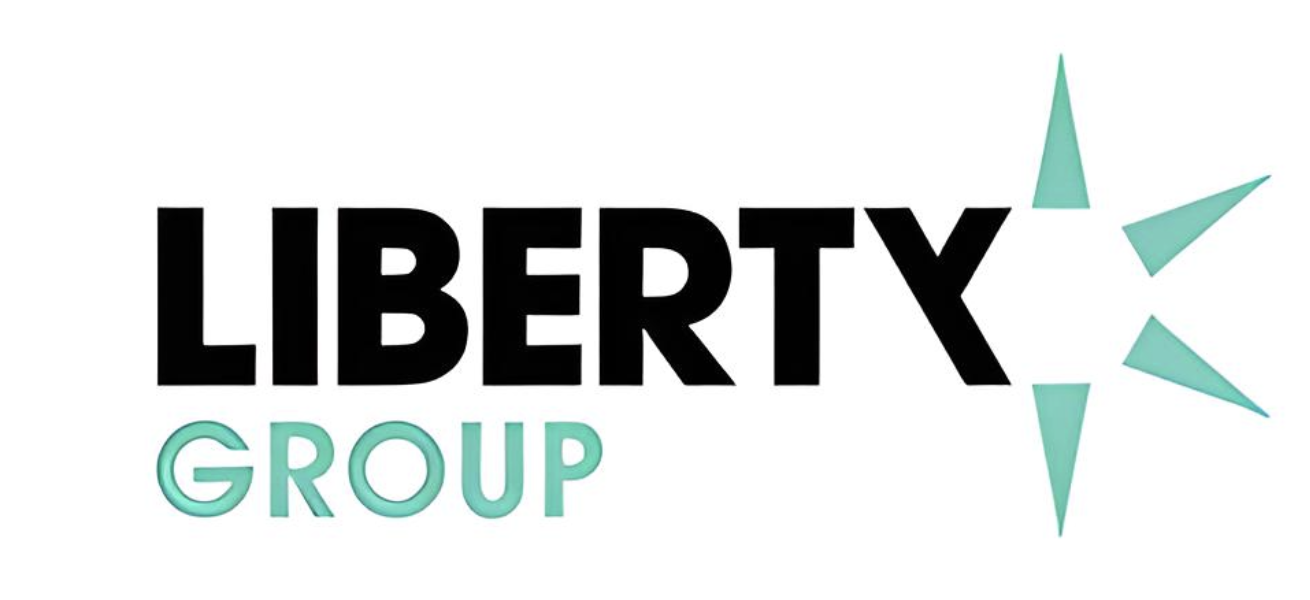The Championship Clubs have recently been issued with a deadline by the RFU to accept certain terms or effectively be removed from the current professional game structure.
After nearly two years of discussion, which have been characterised by the RFU agreeing positions, sometimes unilaterally or in separate negotiations on the Professional Game Partnership (PGP) – from which we have been excluded – we have now been presented with a proposition which we cannot accept as to do so would risk potential bankruptcy for Championship clubs and would also further isolate the Premiership to the detriment of the game in England.
Like anyone who wants to see the game grow, we need to challenge the current RFU position.
To be clear, we have always aspired towards a new Tier 2 league as part of a whole-game solution, but this can only work if there is appropriate governance, a credible and equitable approach to promotion and relegation, and a funding model which will support growth and sustainability.
At present, we are far from that.
The facts are clear:
1/ The incoming RFU executive cut Championship funding in 2019 without warning or any proper explanation from £645,000 to £325,000 a year, and again to £150,000 when the pandemic hit. These cuts forced clubs to appeal to the Government for emergency loans to keep playing rugby and supporting our community activities. The promise to reinstate pre-pandemic funding of £325,000 was never fulfilled, leaving many of our clubs with significant government debt.
This is in stark contrast to the comprehensive approach the RFU took with regard to Premiership loans and negotiating repayment schedules with the Government.
These funding cuts were neither evidence-based nor a subject for discussion. They came from arbitrary decisions that left the Championship clubs in a precarious position. The clubs have worked hard to maintain standards (highlighted by the creditable performances of many of our clubs in the recent Premiership Cup), but the reality is that the status quo has created existential challenges for clubs in key areas of the country (eg Cornwall. See the recent statement by Cornish Pirates).
The current RFU proposal for 2024 and beyond is £4m pa, to be shared among a 12-club league.
This is purportedly intended to provide sustainability, to help grow the league and bridge the gap with the Premiership. But it comes nowhere close to achieving that, by our assessment.
An overwhelming percentage of this is value-in-kind (VIK) and would be centrally allocated across various areas. In a spirit of good faith, we continue to debate and discuss the best way to distribute any agreed funds.
By contrast, the cash amount rumoured to be allocated by the RFU to the Premiership in the PGP is £33m pa to be distributed among 10 clubs, a significant uplift from the previous agreement.
2/ Promotion and Relegation is an essential feature and underlying principle of sport in this country.
A ‘ringfenced’ Premiership undermines that principle, and increases the risk that people lose interest in the game. We think that everyone accepts and acknowledges that.
The current proposals include a playoff for promotion from the Championship, but the current and significant imbalance, including highly onerous and mandatory minimum operating standards, precludes any Tier 2 club from being able to participate meaningfully in that playoff, let alone be promoted and be sustainable thereafter.
By way of example, the current ground-capacity requirements would result in expenditure of many millions by a club with no guarantee of promotion and, if they win the league, investment that would have to take place while simultaneously attempting to grow the business.
A more equitable way is through a progressive approach towards achieving a sustainable level, which we have proposed.
The imbalance is further underlined by the fact that the 10th club in the Premiership receives a pro rata share of the £33m, whereas the promoted club would not access anything like that number, receiving approximately £125k in comparison.
In stark terms, this is the outcome of these allocation decisions made by the RFU. They are inequitable and set a promoted club up for failure and immediate relegation.
They are also far removed from a whole-game solution. An equitable bridge must be created to enable a promoted club to be competitive.
It is also important to note that the relegated club is entitled to access funds from the RFU and Premiership through its position as a Premiership shareholder. This allows it to maintain a very significant financial advantage over rival Tier 2 clubs and essentially guarantees promotion back, as has happened in 14 of the 16 seasons when promotion occurred. This is unfair and undermines the integrity of the leagues.
We must find a mechanism which allows a relegated club to recover, rebuild and participate in Tier 2 on an equitable basis and, as stated above, to allow the promoted club to participate and prosper in the Premiership.
There is another way forward for professional rugby, and our role within it. That is why there is no choice for us but to challenge the current status quo.
After 20 years of an unfair and broken structure, we have the opportunity to develop a new one. It would be more affordable and progressive, and which would be in the interests of the whole of the game of rugby union in England.
We have presented such proposals, to no effect so far.
3) Governance.
We do, of course, recognise the need for the RFU to administer the regulatory parts of the game.
For the new Tier 2 League to move forward, it will have a properly constituted and independently-chaired board which has the ability to make decisions to drive forward the commercial programme and overall strategy of the league. However, our clubs still have no meaningful representation on the new body which is to replace the Professional Game Board. This is a significant issue, because it separates the sport and further distances us from Professional Rugby matters.
This cannot be right. We seek that representation.
We understand and support the need to stabilise the top tier of the game, but our clubs must properly be part of the structure. We have supplied a pathway for 200 players many of whom are now household names (as well as numerous coaches, referees and administrators) to the very top of the game. That pathway must not be lost, because it underpins the game. The only route to that stability and sustainability is for the whole game to move forward together. The PGP is about the next eight years at a time when the game globally and nationally is changing rapidly, so this is a pivotal moment.
If there are not changes now, it will be too late.
During our long negotiations with the RFU and PRL, there is much that has been agreed, such as the driving of minimum standards, but there are major points that have not been properly addressed and, in some cases, ignored.
In the interests of the game in England, and for our own sustainability, we challenge the current proposals.
We continue to seek urgent meetings with the Board to discuss our solutions, which we believe are deliverable and realistic. In that regard, The RFU Council, which is mandated to be guardians of the whole game and meets later this month, should intervene, request a review of our position, and help facilitate a whole-game solution, particularly in the matter of promotion and relegation.










































